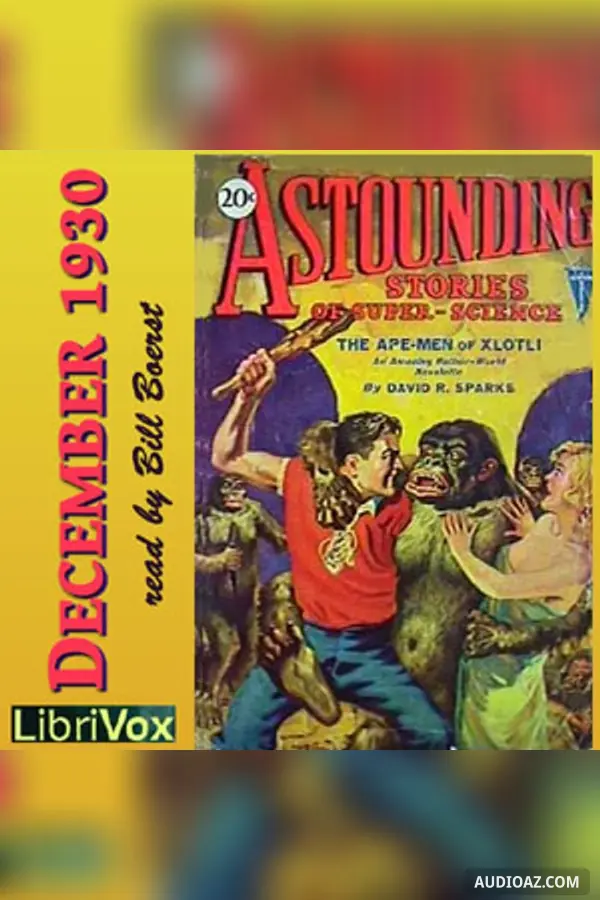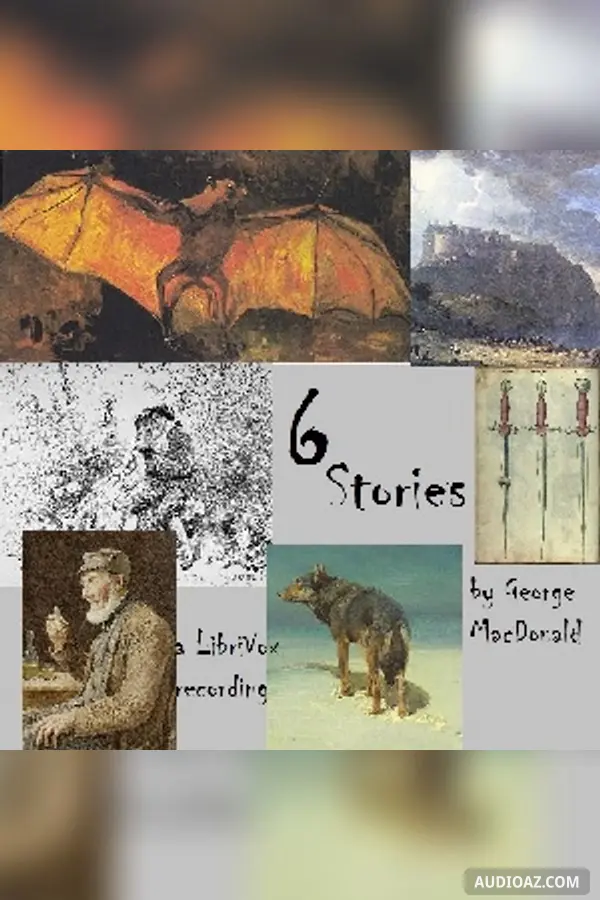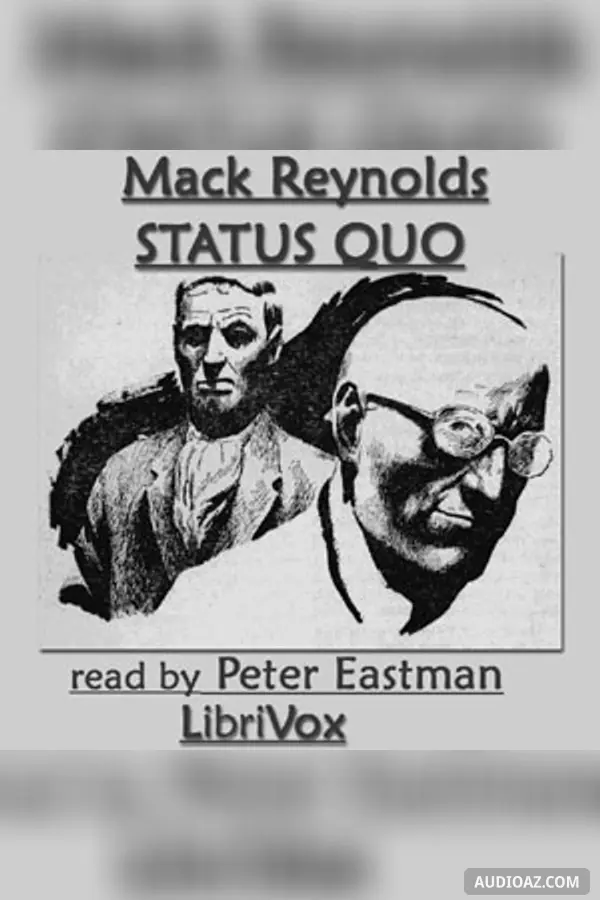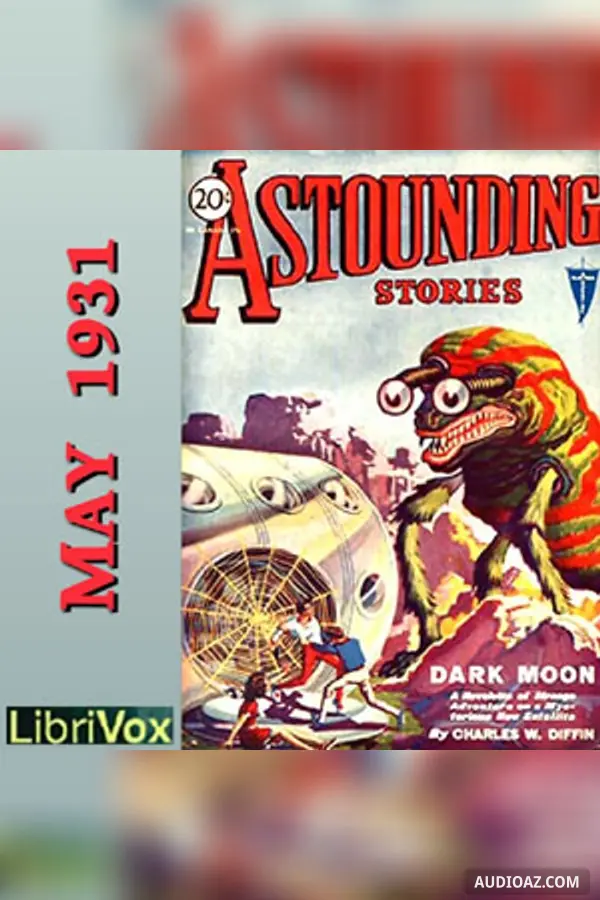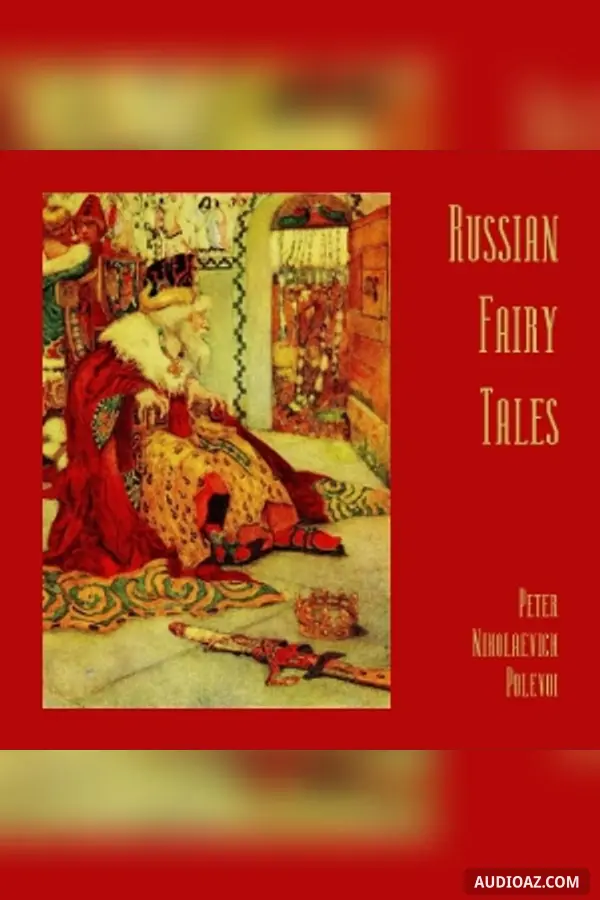
Russian Fairy Tales - Sách nói Miễn phí
Tác giả: Peter Nikolaevich Polevoi
Ngôn ngữ: English
Thể loại: Tiểu thuyết kỳ ảoThần thoại, Truyền thuyết & Cổ tích
1 / 25Translator's Preface
- 1. Translator's Preface
- 2. The Golden Mountain
- 3. Morozko
- 4. The Flying Ship
- 5. The Muzhichek As Big As Your Thumb With Moustaches Seven Versts Long
- 6. The Story of the Tsarevich Ivan & of the Harp that Harped without a Harper
- 7. The Story of Gore-Gorinskoe
- 8. Go I Know Not Whither; Fetch I Know Not What
- 9. Kuz’ma Skorobogaty
- 10. The Tsarevna Loveliness Inexhaustible
- 11. Verlioka
- 12. The Frog Tsarevna
- 13. The Two Sons of Ivan the Soldier
- 14. The Woman-Accuser
- 15. Thomas Berennikov
- 16. The White Duck
- 17. The Tale of Little Fool Ivan
- 18. The Little Feather of Fenist the Bright Falcon
- 19. The Tale of the Peasant Demyan
- 20. The Enchanted Ring
- 21. The Brave Labourer
- 22. The Sage Damsel
- 23. The Prophetic Dream
- 24. Two Out of the Knapsack
- 25. The Story of Marko the Rich and Vasily the Luckless
Giới thiệu
The existence of the Russian Skazki or Märchen was first made generally known to the British public by Mr W. R. S. Ralston in his “Russian Folk-Tales.” That excellent and most engrossing volume was, primarily, a treatise on Slavonic folk-lore, illustrated with admirable skill and judgment by stories, mainly selected from the vast collection of Afanasiev, who did for the Russian what Asbjörnsen has done for the Norwegian folk-tale. A year after the appearance of Mr Ralston's book, the eminent Russian historian and archaeologist, Peter Nikolaevich Polevoi (well known, too, as an able and ardent Shakespearean scholar), selected from the inexhaustible stores of Afanasiev some three dozen of the Skazki, and worked them up into a fairy-tale book which was published at St Petersburg in 1874, under the title of “Narodnuiya Russkiya Skazki” (“Popular Russian Tales”). M. Polevoi did his work excellently well, and, while softening the crudities and smoothing out the occasional roughness of these charming stories, neither injured their simple texture nor overlaid the original pattern. It is from the first Russian edition of M. Polevoi's book that the following selection has been made. With the single exception of Morozko, a variant of which will be familiar to those who know Mr Ralston's volume, none of these tales had seen the light in an English dress before the publication of the first edition of my book; for though both Ralston and Polevoi drew, for the most part, from the same copious stock, their purposes were so different that their selections naturally proved to be different also. As to the merits of these Skazki, they must be left to speak for themselves. It is a significant fact, however, that scholars who are equally familiar with the Russian Skazki and the German Märchen unhesitatingly give the palm, both for fun and fancy, to the former. - Summary by Robert Nisbet Bain
Bình luận
Hãy là người đầu tiên bình luận
Chưa có bình luận nào về nội dung này. Hãy bắt đầu cuộc trò chuyện!
Khám phá thêm
Thẻ: Russian Fairy Tales audio, Russian Fairy Tales - Peter Nikolaevich Polevoi audio, Tiểu thuyết kỳ ảo audio, Thần thoại, Truyền thuyết & Cổ tích audio, free audiobook, free audio book, audioaz

